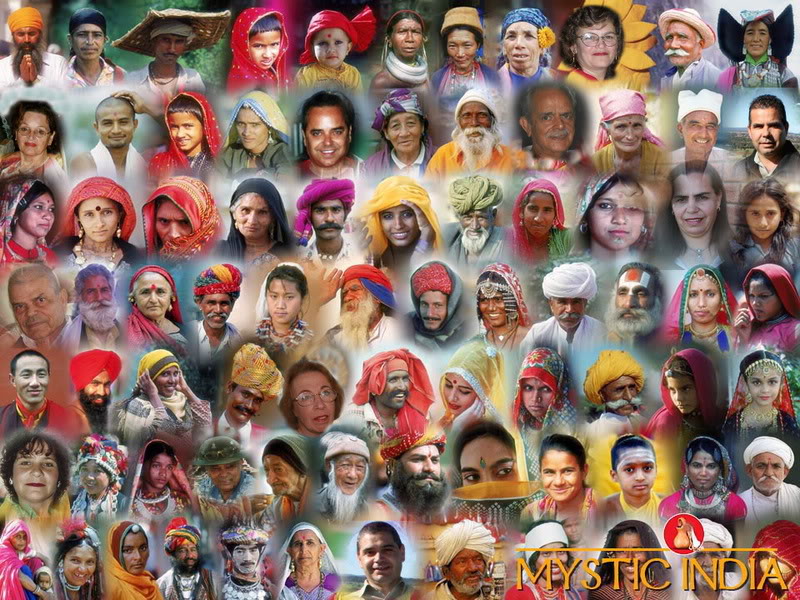In a general sense, the word culture is often used to refer to refined tastes in art, literature, or music etc. The sociological use of the term is much wider, and includes the entire way of life of a society. In this sense everyone who participates in society is “cultured.” To the sociologists, culture consists of all the shared products of human society”. These products are of two basic kinds , viz material and non-material .Material culture consists of all the artifacts or physical objects human beings create—such as wheel, clothing, schools, factories, cities, books, computer etc. Non-material culture consists of more abstract creations — like language, ideas, beliefs, rules, customs, myths, skills, family patterns, political systems. Sociology, 1977, 1An Robertson, P. 51.
According to Sir Edward Tylor (1871), “Culture .. is that complex whole-which includes knowledge, beliefs, art, morals, law, customs and any other capabilities and habits acquired by man as a member of society.” Horton and Hunt say, “Culture is everything which is socially learned and shared by the members of a society.” The individual receives culture apart of a social heritage, reshapes it and introduces changes which become part of the heritage of succeeding generations. Sociology, 1984, (6th Ed.), P. B. Horton and C.L. Hunt, P. 52
Two anthropologists defined culture as: “By ‘culture’ we mean those historically created selective processes which channel men \ reactions both to internal and to external stimuli.” Robert Bierstedt says ” Culture is the complex whole that consists of all the,ways we think and do and everything we have as members of society.” The Social Order 1970 (3rd Ed.) Robert Bierstedt, P. 123.
“Culture” must be.distinguished from ‘society.’ Culture consists of the shared products of society while society as a relatively independent, self-perpetuating human group, occupies a territory, shares a culture, and has its associations Within this group. Sociology, 1984, (6th Ed.), P. B. Horton and C.L. Hunt, P. 52.
